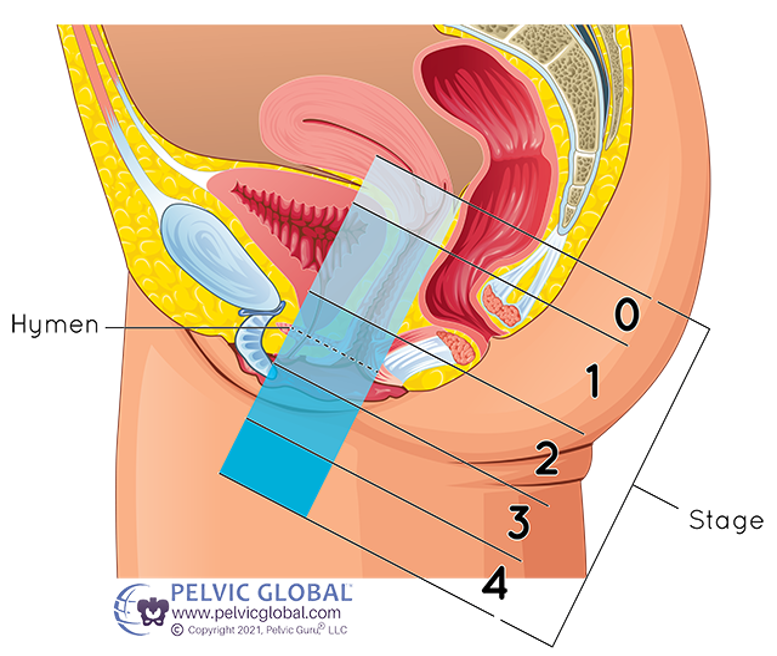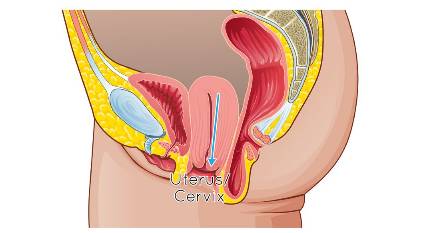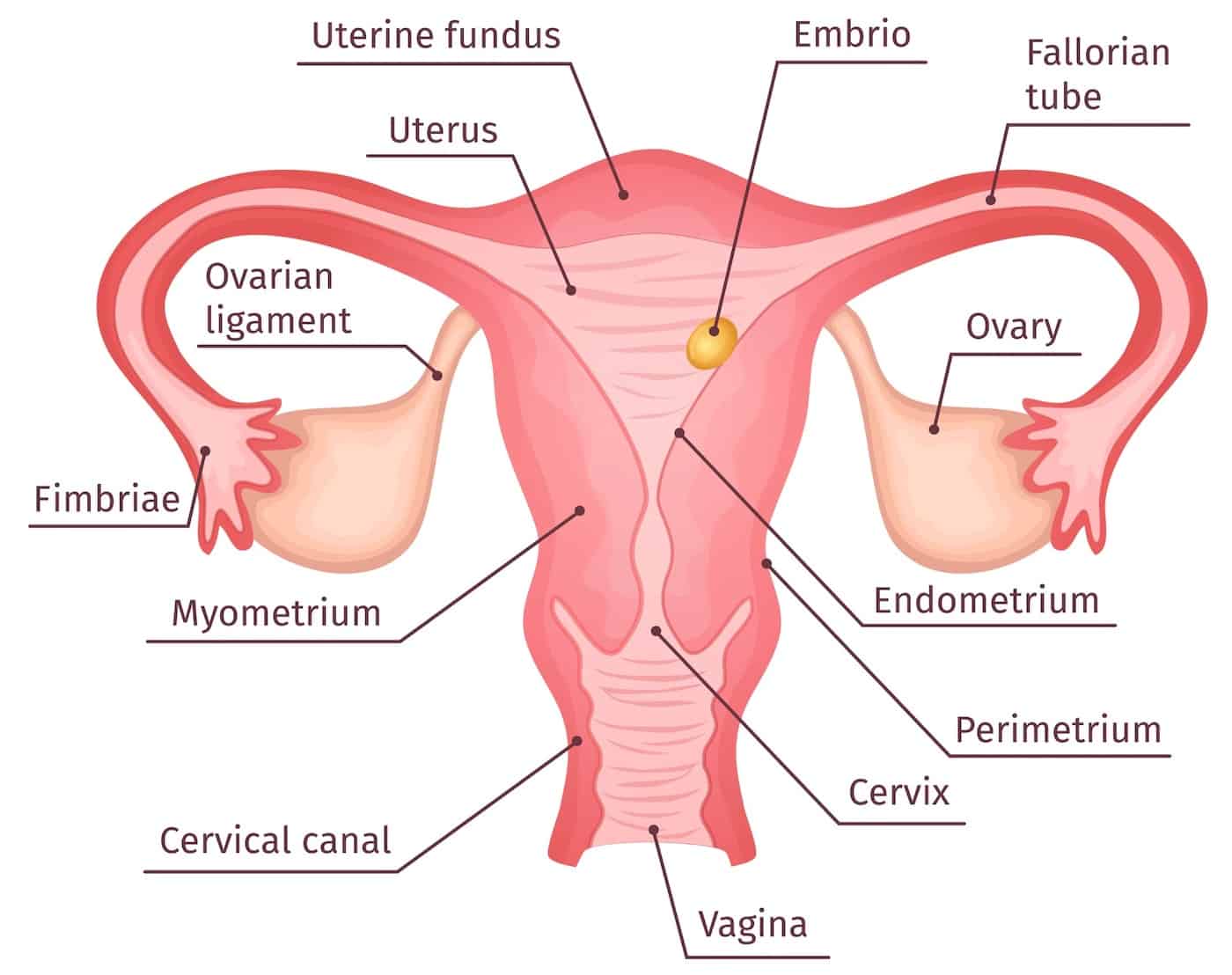All About Pelvic Organ Prolapse, Louisville KY

By A Mystery Man Writer
Pelvic organ prolapse is a condition that affects many females. There can be many different signs of pelvic organ prolapse depending on the type of prolapse you have. Signs can include: Feeling like you have to hold things in place when pooping, having tampons fall out when menstruating, differences when engaging in intimacy, uncomfortable sensations near the vaginal area or feeling bulging or fullness. Types of Pelvic Organ Prolapse include: cystocele or dropped bladder prolapse, rectoceles prolapse and uterine prolapse. Treatment options for Pelvic Organ Prolapse include: Mesh surgery, a pessary, a hysterectomy, or Obliterative surgery. To diagnose pelvic organ prolapse, your provider will typically ask about your medical history and perform a physical exam of your pelvic organs. If you feel you could have pelvic organ prolapse, call one of our UofL Physicians – Urogynecology offices to schedule an appointment.

The Major Types of Pelvic Organ Prolapse and Their Differences

Urogynecology, Pelvic Medicine, UofL Health

Blake Russ, APRN, joins Norton Women's Care urogynecology - Norton

2019 Female Pelvic Medicine & Reconstructive Surgery Cadaver

M.D. Update Issue #70 by Mentelle Media - Issuu

Calko Pelvic Rehabilitation & Wellness: Pelvic Health Youngstown

Pelvic Organ Prolapse - Southern Coast Pelvic Health

Pelvic Floor Therapy: What to Expect - BenchMark Physical Therapy

Exercises for Pelvic Floor Health - Confluent Health

Pelvic Floor Problems - Women First of Louisville

Claire Hagan, Urogynecology, Louisville KY

Pelvic organ prolapse Norton Healthcare Louisville, Ky.

Pelvic Health - Women First of Louisville
- It's You Babe V2 Supporter Maternity Belt

- How to treat a prolapsed uterus and other pelvic organ prolapse

- Underworks Vulvar Varicosity and Prolapse Support Boy-Leg Brief with Groin Compression Bands and Hot/Cold Therapy Gel Pad - Black - 3X - 524

- Underworks Vulvar Varicosity and Prolapse Support Brief with Groin Compression Bands and Hot & Cold Therapy Gel Pad, White Medium

- Vulvar Varicosity and Prolapse Support Brief Groin Compression Bands MADE IN USA

- 3 Days in Cali for First Timers – Cali Itineraries

- 9 Costco Kirkland Products That Need To Make A Comeback

- AUSTRALIAN ANIMALS Baby Girl or Boy KOALA Personalised Cards

- 4-in-1 Waist Buttoned Bra Shapewear - 4-in-1 Waist Trainer Bra, Tummy Control Silky Smooth 4 in 1 Waist Trainer Bra (Beige,L) : : Sports & Outdoors

- Women's Riding Tights Horse Riding Leggings & Tights
